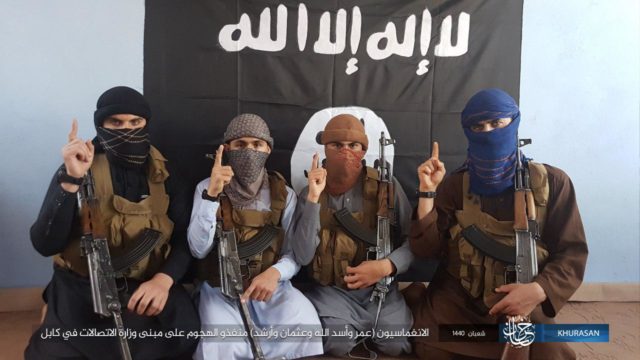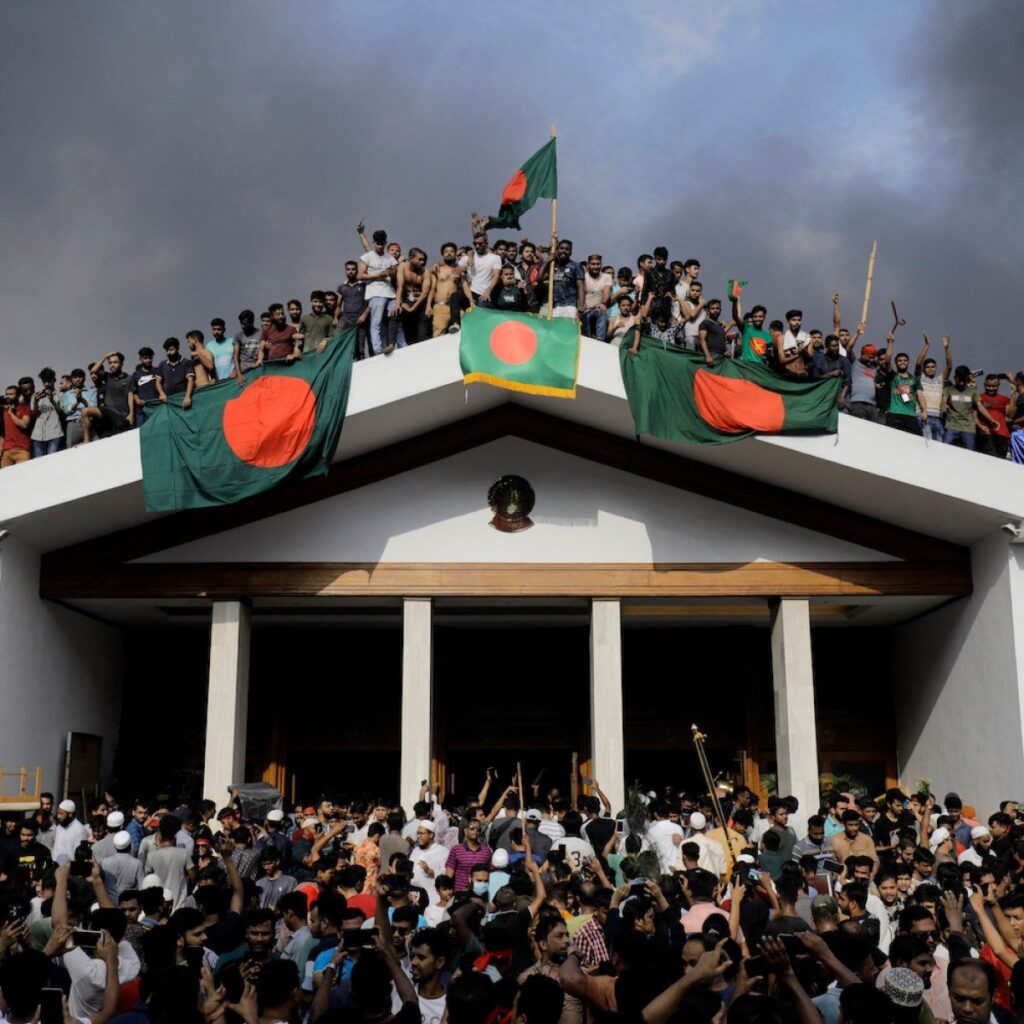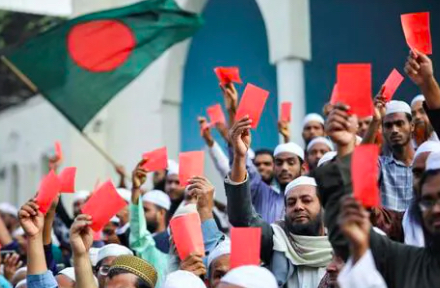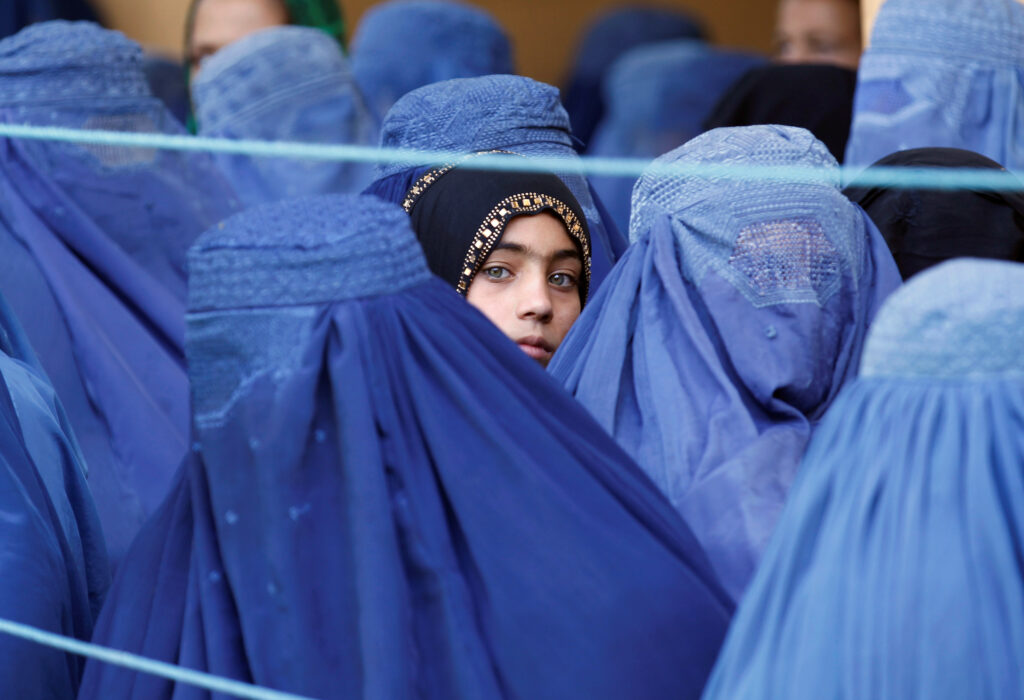MANTRAYA POLICY BRIEF#43: 30 NOVEMBER 2022
BIBHU PRASAD ROUTRAY
ABSTRACT
The Islamic State’s Khorasan Province (ISKP) is on an ascent in Afghanistan. Its violent attacks targeting both the Taliban members and the civilians belonging to the minority communities have continued, despite ‘measures’ taken by the Islamic Emirate. Not only has the group spread its presence into a large number of provinces, but it has also effectively replaced the Taliban as the prime terror formation in the country. This does not bode well for the region and the world.

Anti-ISKP Measures
On 15 October, the Taliban government’s General Directorate of Intelligence (GDI) arrested two men from the eastern Nangarhar province. The GDI said that the arrested, identified by their first name, Bilal and Hamza, were members of the Islamic State’s Khorasan Province (ISKP) and were responsible for broadcasting, recruitment, and organising terror activities using anonymous identities on social media platforms—Telegram and Facebook.
Nearly a month later, Taliban soldiers carried out an overnight raid on a suspected ISKP hideout in Kabul’s Khairkhana, a predominantly ethnic-Tajik populated area, and killed five people. In an announcement made on 13 November, the Taliban identified those killed as responsible for past minor bombings in the capital. They also said that the group of men was planning a bigger attack.
A similar raid in October in Kabul had claimed six ISKP militants’ lives. On 22 October, the Taliban spokesperson claimed that the killed militants were involved in two major attacks in recent weeks- one on Wazir Akbar Khan mosque in Kabul city on 23 September and the other on Kaaj Institute education centre, a tutoring institute in which 53 people, most of them girls and young women, were killed on 30 September. No group had claimed responsibility for either attack.
Steady Rise
While the Islamic Emirate would prefer to label these as successes against the ISKP and measures that have contained the group’s activities, these very incidents point to the contrary. In November 2022, the UN mission in Afghanistan noted in a report that the ISKP is now present in nearly all the provinces of the country. Repeated incidents indicate its presence even in Kabul.
The SITE group has estimated that ever since August 2021, the ISKP has carried out 224 attacks within Afghanistan, of which 30 can be considered significant. This includes the 26 August 2021 suicide bombing at the Kabul airport that killed at least 185 people including 13 U.S. service members; and several other attacks after that. While the Kabul airport attack can be blamed on the chaos following the collapse of the civilian government and the Taliban takeover, which the ISKP took advantage of, recent incidents underline the growing potential of the group to carry out attacks on the soft as well as the hard targets.
A roadside mine explosion hit a bus carrying Taliban administration employees belonging to the Ministry of Rural Rehabilitation and Development in Kabul early on 2 November wounding seven people. Although no group claimed responsibility, the blast was believed to have been carried out by the ISKP. On 27 October, an attack by gunmen on a vehicle in western Afghanistan’s Herat province killed five medical personnel employed by Taliban security forces. The ISKP, in its Telegram channel, claimed responsibility for the attack.
Expansion Strategy
Actions lay bare the apparent strategy of the ISKP. In 2015, the group started small in Afghanistan. Fighters loyal to Islamic State first appeared in eastern Afghanistan, and in the subsequent years continued to make slow inroads into other areas. They were gradually bolstered by Pakistani and Afghan cadres, many of whom belonged to TTP, the Taliban, the LeT, and outfits from Central Asian states. Before the Taliban takeover, the ISKP’s strength was estimated to be 1500 to 2200 cadres strong, based mostly in Kunar and Nangarhar provinces. However, hundreds of cadres who escaped during the fall of Kabul rejoined the group adding to its formidability. The ISKP’s criticality to the overall strategy of the parent Islamic State is clear from recent logistical assistance provided to it by the latter. The UN estimates that the ISKP was given US$500,000 by the IS core sometime in late 2021, in a renewed bid to strengthen the group.
The ISKP reckons that violence over an expanded landscape is critical to its expansion. While it has been able to carry out sustained violence in Afghanistan and Pakistan, in recent times it has made efforts to do the same in Central Asia. The challenge for it, however, is the absence of any infrastructure in those countries. To overcome this, it seems to be using Afghan territory.
In April, it fired 10 rockets at an Uzbek military base in the border town of Termez, from a launchpad in Hairatan, a border town in the northern Afghan province of Balkh. It was the first strike by the terrorist group against the Central Asian nation. The terror group also released a photo and video of the projectiles to back its claims. Uzbek officials denied any rockets had landed on its territory, but representatives of the Taliban regime later confirmed that an attack had occurred. On 7 May, the ISKP claimed to have fired seven rockets into Tajikistan targeting its armed forces. Tajikistan’s State Committee for National Security as well as the Taliban refuted the claims and said that only bullets were shot across the border during fighting between Taliban forces and fighters with the ISKP. These contentious attacks or at least the claims around them are seemingly part of the ISKP’s strategy of broadening its appeal in Central Asia. The group could be seeking to capitalize on perceptions that the Taliban government is a Pashtun ethno-nationalist organization rather than a bonafide Islamic movement. There is a sudden spur in the ISKP’s propaganda material in the Uzbek, Tajik, and Kyrgyz languages.
The Road Ahead
The continuing rise of ISKP challenges the authority of the Taliban Islamic Emirate. However, to assume that the latter will put all its energy into fighting it could be a mistake, for two reasons. Firstly, for the Taliban, dealing with the ISKP may not be the most important agenda. It has to deal with varied issues such as the lack of international legitimacy for its regime, violence perpetrated by the resistance movements, and also the demands by various domestic groups for flexibility in its rigid ideology.
Secondly, the Taliban and ISKP relations are complex. Sanaullah Ghafari a.k.a. Shahab al-Muhajir remains in charge of ISKP ever since his appointment in June 2020. Little is known about Ghafari, but he is rumoured to have been an al-Qaeda commander or a former member of the Haqqani network. The Haqqanis, occupying influential ministries in the Taliban government, are still believed to be maintaining nexus with the ISKP. Therefore, while a section of the Taliban could be wishing to decimate the ISKP, influential elements within the government, could actually be protecting them. Since the Taliban has refused any external assistance to deal with the ISKP, its capacity to deal with the latter will always be limited.
This state of affairs could have significant security implications for South Asia and beyond. Through its uninhibited growth, Afghanistan could turn into a launch pad for the ISKP’s operations in other South Asian countries.
(Dr. Bibhu Prasad Routray is the Director of Mantraya. This policy brief has been published as part of Mantraya’s ongoing “Fragility, Conflict & Peace Building”, “Islamic State in South Asia”, and “Mapping Terror and Insurgent Networks” projects. All Mantraya publications are peer-reviewed.)




